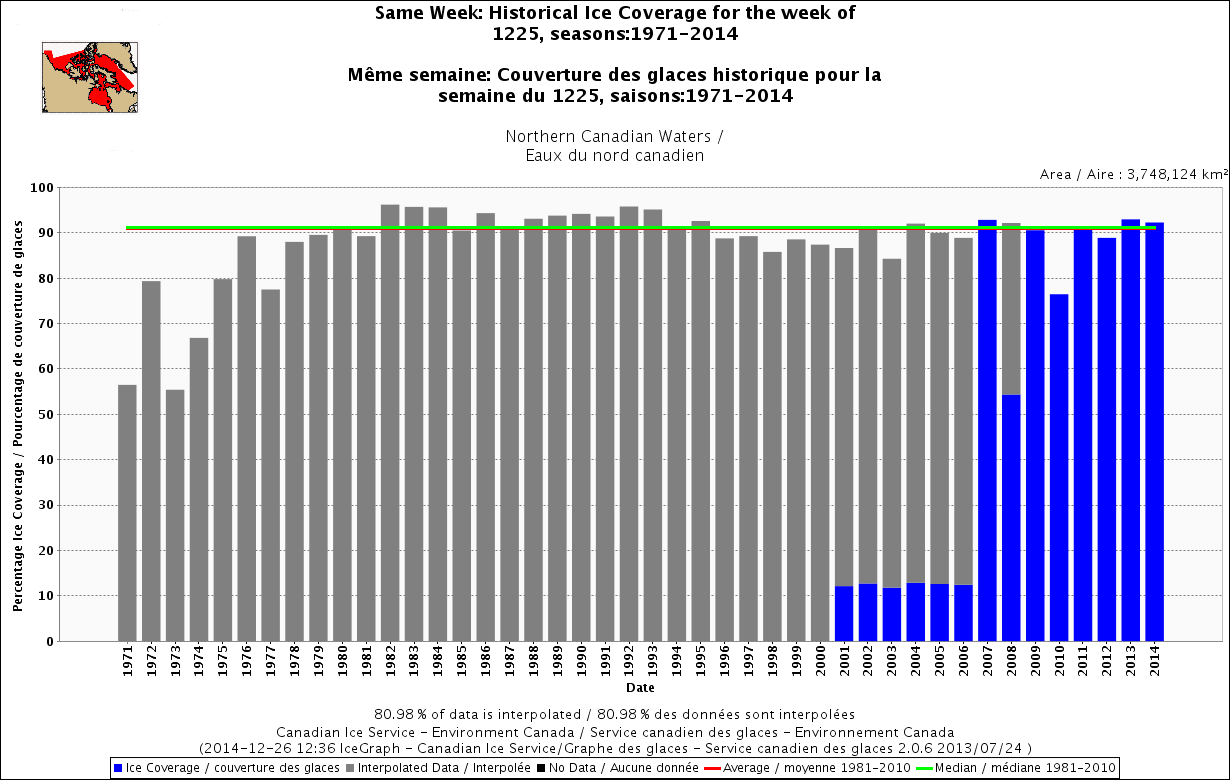Statement on Earth's Changing Climate
[by the
American Physical Society]
(Adopted by Council on November 14, 2015)
On Climate Change:
Earth's changing climate is a critical issue and poses the risk of significant environmental, social and economic disruptions around the globe. While natural sources of climate variability are significant, multiple lines of evidence indicate that human influences have had an increasingly dominant effect on global climate warming observed since the mid-twentieth century. Although the magnitudes of future effects are uncertain, human influences on the climate are growing. The potential consequences of climate change are great and the actions taken over the next few decades will determine human influences on the climate for centuries.
On Climate Science:
As summarized in the 2013 report of the Intergovernmental Panel on Climate Change (IPCC), there continues to be significant progress in climate science. In particular, the connection between rising concentrations of atmospheric greenhouse gases and the increased warming of the global climate system is more compelling than ever. Nevertheless, as recognized by Working Group 1 of the IPCC, scientific challenges remain in our abilities to observe, interpret, and project climate changes. To better inform societal choices, the APS urges sustained research in climate science.
On Climate Action:
The APS reiterates its 2007 call to support actions that will reduce the emissions, and ultimately the concentration, of greenhouse gases as well as increase the resilience of society to a changing climate, and to support research on technologies that could reduce the climate impact of human activities. Because physics and its techniques are fundamental elements of climate science, the APS further urges physicists to collaborate with colleagues across disciplines in climate research and to contribute to the public dialogue.
____________________________________________________
Global Climate Change
ACS [American Chemical Society] Position Statement
The Earth’s climate is changing in response to increasing concentrations of greenhouse gases (GHGs) and particulate matter in the atmosphere, largely as the result of human activities. Chemistry is at the heart of understanding the climate system and integral to addressing the development and deployment of new emission reduction technologies and clean energy alternatives. The American Chemical Society (ACS) acknowledges that climate change is real, is serious and has been influenced by anthropogenic activity. Unmitigated climate change will lead to increases in extreme weather events and will cause significant sea level rise, causing property damage and population displacement. It also will continue to degrade ecosystems and natural resources, affecting food and water availability and human health, further burdening economies and societies. Continued uncontrolled GHG emissions will accelerate and compound the effects and risks of climate change well into the future.
International cooperation will be crucial to addressing climate change, and continued U.S. participation in efforts such as the Paris Agreement is essential. Many solutions to reduce GHG and pollutant emissions are known and should be implemented through policy changes, partnerships, and education. These mitigation policies (e.g. GHG emission reduction) must be augmented by improved approaches for anticipating and adapting to adverse and unavoidable impacts of climate change. Risk reduction by proactive mitigation and adaptation strategies is preferred over global climate intervention schemes where the outcome is difficult to predict and beyond our power to control. Continuing to improve and strengthen our societies’ scientific understanding and literacy concerning all aspects of climate change is vitally important, enabling us to make informed decisions at national and international levels and helping us to lessen the future risk of climate change.
Recommendations
The United States should be a leader in efforts to combat climate change. [much more at link]
_________________________________________________
Scientists, the meteorologists, geophysicists, physicists, chemists, and the organizations that represent them, the folks who know their stuff, all recognize AGW.
On the other side, we see the rubes (useful idiots), the mercenaries (e.g. Kochs' paid liars), and the ideologues (the GOP and their ideological henchmen and "think tank" stooges), sanctimoniously waxing about politicized science, which neither of them understands. All the while, the Arctic sea ice is collapsing, but that's immaterial because some gazillion years ago there was, or may have been, less ice somewhere. It'd be ridiculous, if it weren't so tragic.

